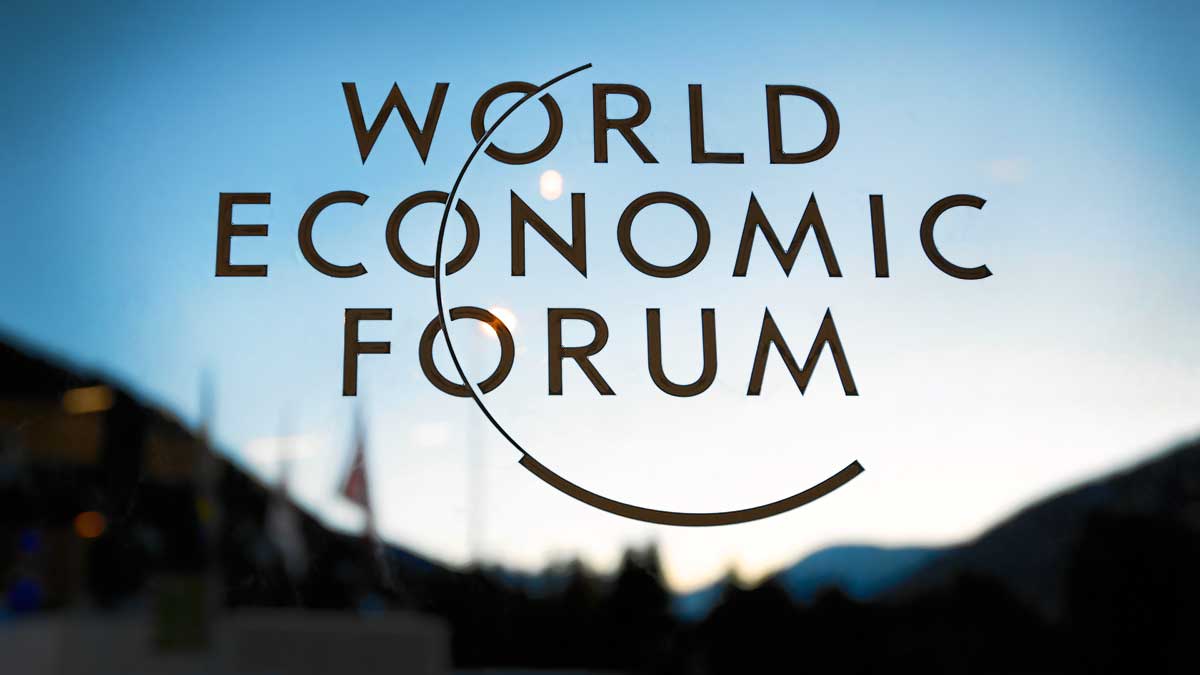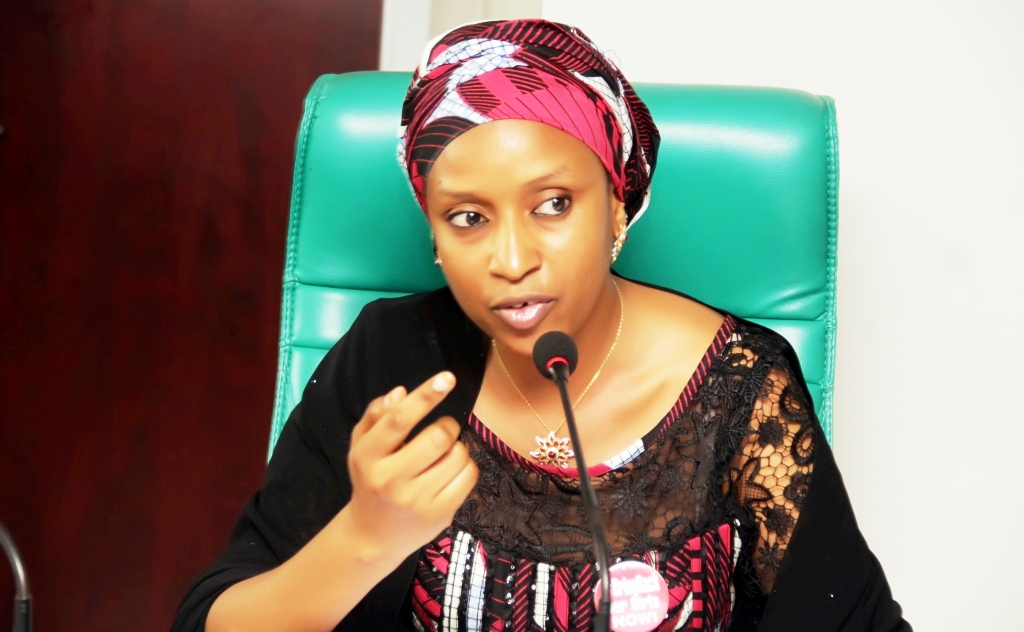Development economists have given an inroad into why upon blossoming surge in the nation’s external reserves which recently hit $43.2bn on March 6, 2018, there has been no commensurate rise in the volume of foreign investors.
Globally, one of the key factors considered by foreign investors has been the size of foreign reserves.
From the Central Bank of Nigeria (CBN) statistics, the foreign exchange reserves had recorded a four-year high at $42.76bn on March 2, after commencing this year at $38.77bn, meaning that the fund had gained about $3.99bn or 10.3 per cent this year.
The reserves had moved from $38.77bn in December 2017 to $40.69bn in January 2018.
The foreign exchange buffer of the CBN has continued to increase recently over steady increase in global oil prices and federal government Eurobond borrowing, among others.
However, the economy is yet to observe any form of inflow of foreign investors in the areas of real sector which actually defines sustainable investment quotient in any economy.
In an interview, a development economist, Dr. Segun Ogundimu said “Since the exit of Nigeria from recession ‘on paper’, the CBN had been regularly releasing data on the steady rise of foreign reserves, but had been silent on the situation on the level inflow of real sector investors”.
“What we have been seeing has been portfolio investors who do no good to any economy because they are not coming to stay for long, but to come and make money and run away when their fund is threatened.
Dr. Ogundimu listed some of the portfolio investors’ to include stock market investors’ and mainly lottery and lotto investors.
According to him, “Part of the reasons for dearth of real sector investors since the surge in Nigeria’s foreign reserves include the fact that the growth is solely driven by rising oil price at a time relative peace is noticed at the oil-rich Niger Delta”.
The price of the Organisation of Petroleum Exporting Countries (OPEC) basket of 14 crudes had stood at $63.25 per barrel on Wednesday to Thursday this week.
He added further that “The growth in foreign reserves is not fully associated with non-oil exports as several manufacturing concerns are still struggling to truly exit recession.
Business Hilights gathered that the CBN Governor, Mr. Godwin Emefiele, had projected that the reserves might hit $60bn in 2019, if the trend persisted.
He said increases in the price and shipment of oil, Nigeria’s biggest foreign-currency earner, and improved investor confidence meant the CBN could build its reserves to $60bn over the next 12 to 18 months.
“Things are looking up. No one ever thought the price of crude would hit $70 in such a short period of time,” he said during an interview with Bloomberg.
The foreign exchange buffer added $12.9bn or nearly 50 per cent in 2017 despite the CBN weekly intervention.
The CBN claims that the steady rise in the foreign reserve, from July 7 last year, could be attributable to improved foreign exchange inflow occasioned by increase in global oil price, dollar inflow from foreign portfolio investors facilitated by the Investors and Exporters foreign exchange window introduced by the CBN in April last year.









